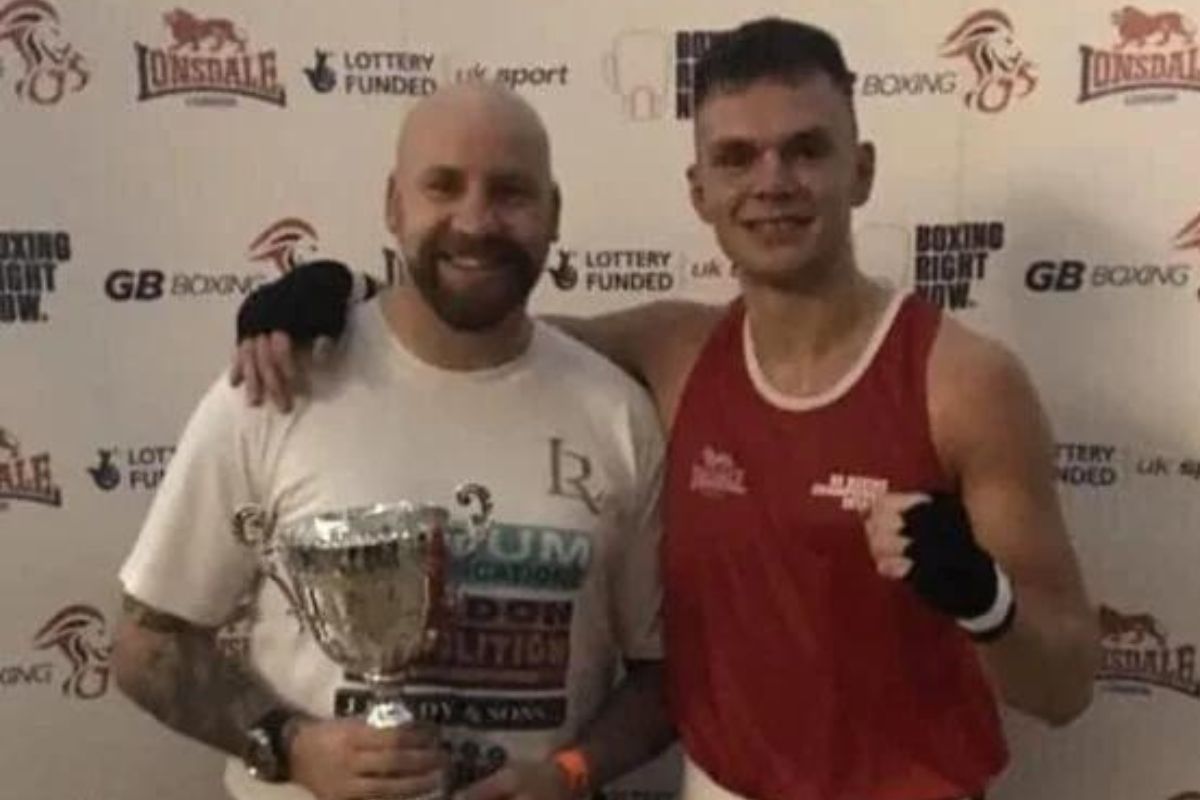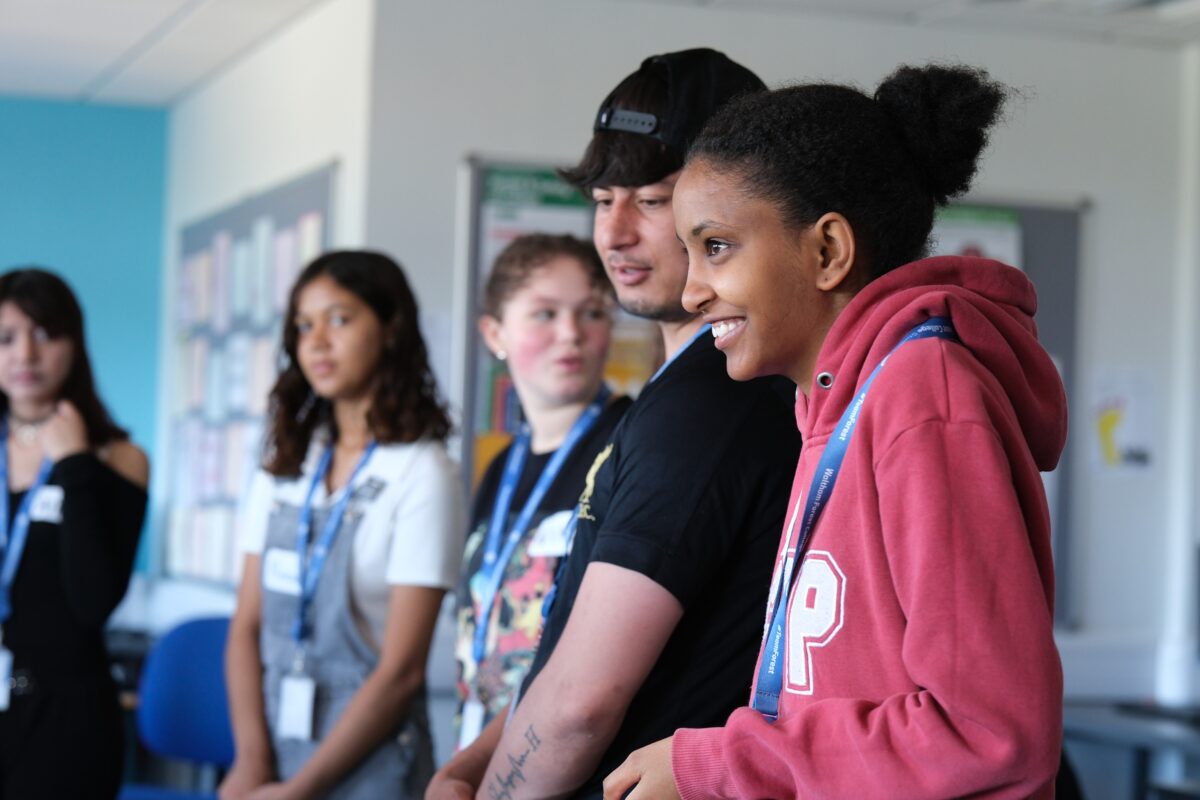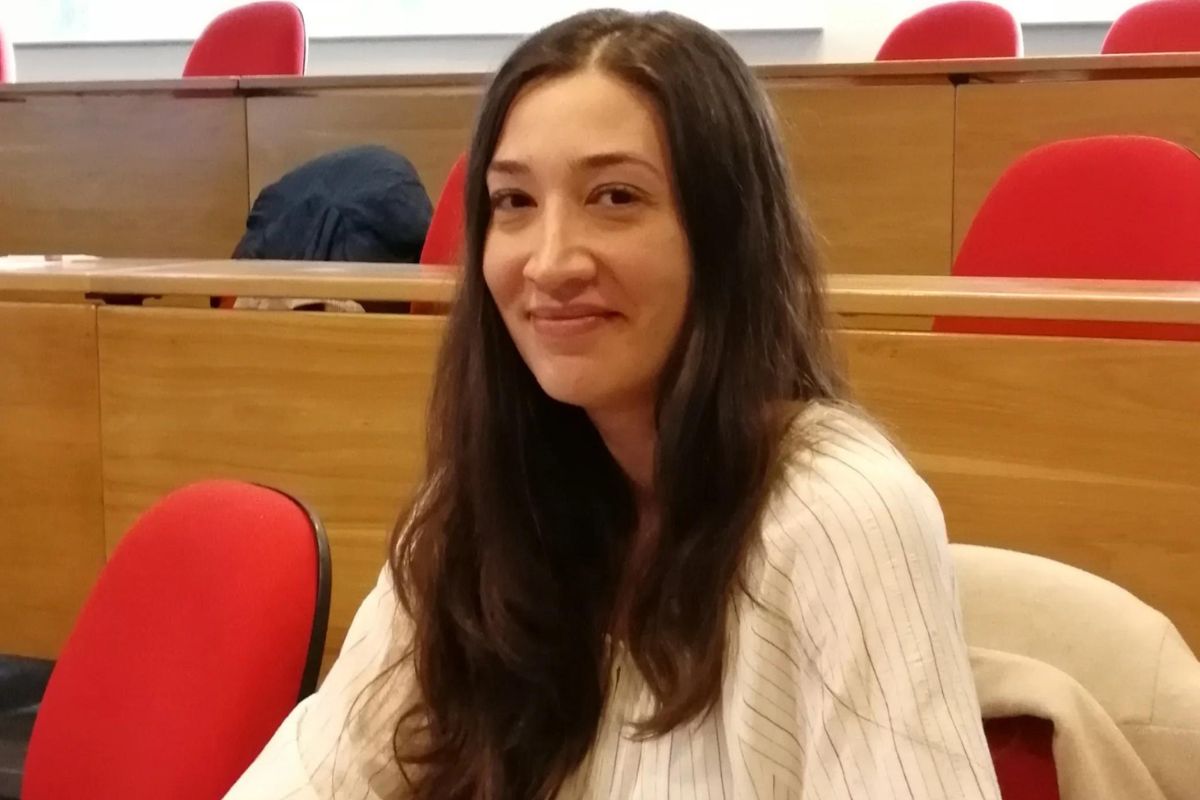Why resilience shouldn’t be an excuse

Resilience has been the buzz word for a little while now in the HR arena, the idea that we get our teams and staff to a place where they can deal with the pressures of work and life. However, is this just an excuse to overwork employees and not transform the cultures that we see driving the stress?
I am not one to follow the crowd for just following the crowds sake and while I sign up for the idea of Resilience, often working on my own in various ways; I do not believe that any organisation or group can use this as an excuse for not making their cultures less stressful.
With every new buzz solution that comes out to the challenges in workplaces, I ask myself, ‘Are we getting to root of the issue with this solution?’ and like Mental Health First aiders, in my experience; we are not. Sticking plasters are never going to fix a broken leg.
Now don’t get me wrong, we should all be working on our resilience and I am going to touch on some things that I suggest for building resilience that we can adopt. However, when we are doing training of it in workplaces, yet not working on transforming the culture to ensure that stress is not enhanced through the small things that happen within that culture, then the organisation is simply following a trend rather than making a desire for sustainable change.
As I say resilience is important for us to possess and work on. Simply to understand our limitations, continue to push them and get more comfortable with being uncomfortable. You never know when you are going to get knocked off your feet, something momentous happens in your life that hurricanes through without you really having any control at all and then suddenly, you realise how resilient you really are; or not.
How do we build our personal resilience levels?
Build your community
This can be a just a few or more people that you know well and that know you. They are the people that you may not need to pick up the phone to every day, but when you do and you need to talk through something, they can listen to you talk it out not just once but a few times so that you can ultimately resolve the issue yourself but you have the sounding board that you trust, loves you and has no judgement.
Our egos
I can remember my father talking about Ego when I was young, I didn’t really understand it. He would say the removal of Ego will provide freedom and happiness in life. I since discovered this is the view of Buddhism and now at the age of 40 + I can confirm that yes, I think it probably does. Of course, it’s easier said than done but what I have discovered is the voice in our head cannot often be heard if we don’t tune into it and therefore when it speaks to you with fork tongue and impacts how you feel, reacting to life challenges without you really having control.
Let me provide an example. You are approached to go for a new job at work. Your ego that is a little bruised from a previous set back says, “You aren’t good enough for that”, “When you fail to get it, that’s going to be really embarrassing to tell people”, “I wouldn’t bother because you don’t have the time”….and so on. Your ego is stopping you from even trying, it means we don’t work on finding coping mechanisms for setbacks. Consider the ego as your over cautious parent that is scared that you will fail and doesn’t want to see you upset or sad. It’s not they don’t believe in you personally, it’s just that they are fearful for any hurt you might ever suffer in a world that isn’t always fair or easily understood.
Resilience is knowing you might fail and doing it anyway because you know that that journey will teach you more than the success probably will.
See a problem as something exciting to overcome
You are likely in one camp or another on any given day of the week. Daily, monthly, yearly, you are travelling down a path to reach a goal, carrying out each action to get there. Then something stops you in your tracks and the fork in the road is the choice you have to make. Let’s give an example. You are organising a fundraising event, you have a band coming and the week before the event, they cancel. The band is the reason for many coming to the event. Do you embrace finding a solution or because you are too exhausted from the stress, you give up?
Changing the mindset to be something that says, “I am looking forward to finding solutions that will make this event even better”, “We haven’t got this far to just come this far” and so on helps build our resilience, we control the mindset and reaction to things that happen; despite what we sometimes believe.
Manageable chunks
There is a story I sometimes share in the keynotes I deliver and Ill summarise it here as a good example of what I mean when I say, ‘manageable chunks build resilience’. In 2018, I decided to cycle across America, but with very little experience of riding a bike in my previous 20 years of life, this was going to be a huge challenge. My bike had been hung up when I was about 15 years old. I was too cool for such things and had my eye on when I might pass my driving test. So, in the March of 2018, when I landed in San Diego to travel 3000 miles East to get to the Florida coast, it had seemed impossible. I had only learnt to change a tyre the day before while the cycle shop helped me box up the bike ready to go on the plane.
I quickly learnt though that if I considered the end goal, 3000 miles and the two months it would take, it appeared impossible. Overwhelming anxiousness would take over. However, if I thought about just the day, the 50 miles I needed to do, I was able to breath long enough to get through that day, it all seemed a little bit more possible. Some days though even that 50 miles seemed too far. Each day I would get on the bike and travel as far I could go. Resilience is not always about being strong and showing everyone how you cope, it’s making life easier for yourself and simply taking on a day at a time, or sometimes even just a minute at a time.
Emotional Control
Learning how and when to have emotional control is a key to building resilience. Being able to stand back and say, ‘Well, it is what it is.’ And then being able to step over the issue or problem to find a way to keep moving on, it might feel like a huge skill but actually it comes with practice and for most of us we have plenty of opportunities to finetune this control. When we want to be angry or mean, we can instead choose control and to let something pass us by if it does not serve us or the people important to us. Choosing curiosity over reaction is a braveness that we are not born with but takes practice. Most of us can feel that the world owes us something, but resilience does not grow in that place. It grows in the garden that we are willing to work in.
Be kind to yourself
‘This is not spa days’, as I like to say, although they do help. It is about not beating or berating yourself. To consider, what went well, what did I learn, what can I learn. Ask yourself questions, staying curious and being willing to learn better ways of interacting and coping with life’s challenges. No one will come and fix this for you, only you can.
I have been doing recordings for my podcast in the last few weeks ‘A Culture of Kindness’. They are for the latest series that will be realised in a few months and are all about kindness to self. I interviewed Gary Harper who has 30 years of experience in teaching conflict management. He is the author of The Joy of Conflict Resolution. What I have realised as I wrote this article that there are many synergies with good conflict resolution and building resilience. The largest one is about having courage which is incidentally one of the core seven values in the Culture of Kindness leadership theory.
So if there is something to take away, ask questions even when you think you might not like the answers, be that courageous; resilience doesn’t happen without facing the challenges head on.












Responses